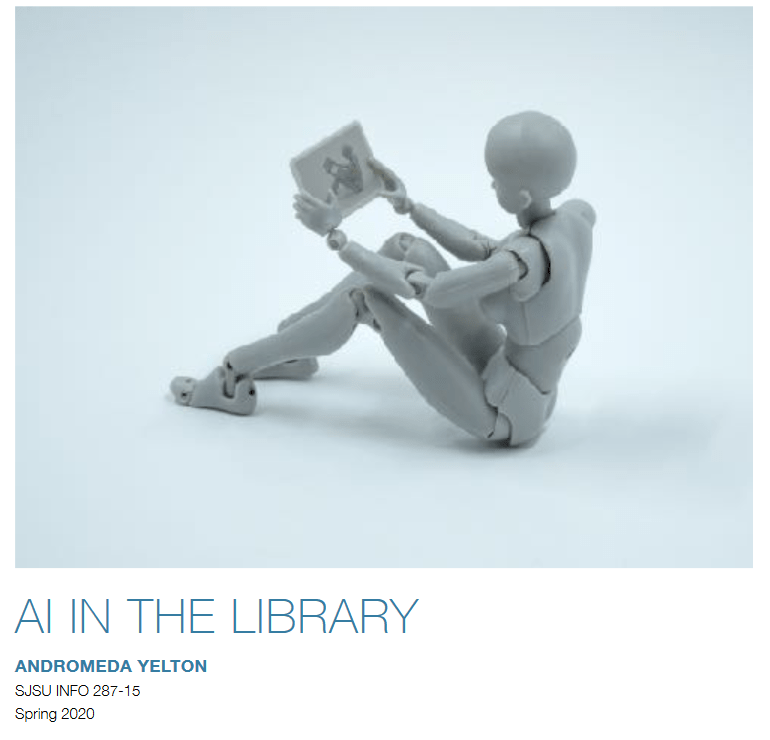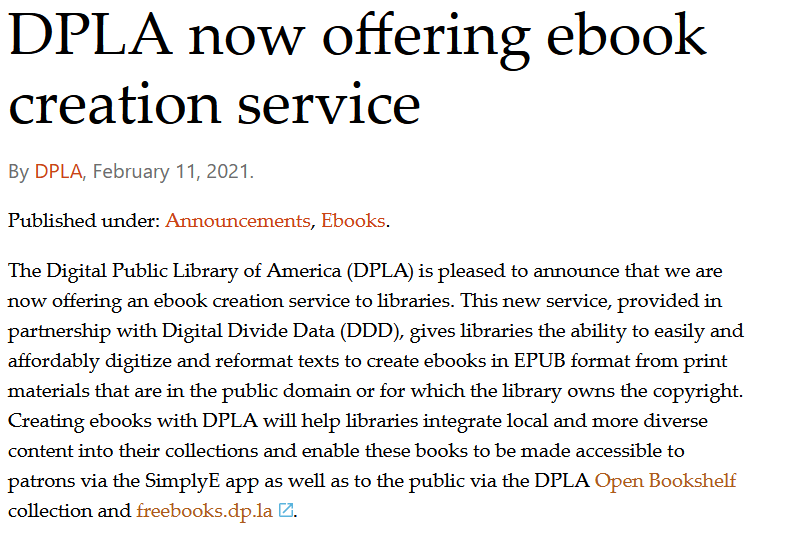§1 Zotero PDF Reader
A new look and functionality for Zotero’s PDF Reader is still in beta.
I can’t wait for this version to be unleashed!

§2 MIT D2O

Earlier this week, MIT Press announced a new Open Access Monograph program. It appears that the transition of scholarly ebooks to another form of subscription product is continuing.
§3 AI but Canadian

I’m glad to see that the Federal Government has an Advisory Council on AI and I hope they are going to meaningfully fulfill their mandate. We are already late of the gate on this front. The city where I live is already trialing software that will suggest where road safety investments should be made based on an AI’s recommendations.
§4 Discovering Science Misconduct via Image Integrity
Not new but new to me. I’ve recently started following Elisabeth Bik on Twitter and it has been an eye-opening experience.

Bik, a microbiologist from the Netherlands who moved to the United States almost two decades ago, is a widely lauded super-spotter of duplicated images in the scientific literature. On a typical day, she’ll scan dozens of biomedical papers by eye, looking for instances in which images are reused and reported as results from different experiments, or where parts of images are cloned, flipped, shifted or rotated to create ‘new’ data…
Her skill and doggedness have earned her a worldwide following. “She has an uncommon ability to detect even the most complicated manipulation,” says Enrico Bucci, co-founder of the research-integrity firm Resis in Samone, Italy. Not every issue means a paper is fraudulent or wrong. But some do, which causes deep concern for many researchers. “It’s a terrible problem that we can’t rely on some aspects of the scientific literature,” says Ferric Fang, a microbiologist at the University of Washington, Seattle, who worked on a study with Bik in which she analysed more than 20,000 biomedical papers, finding problematic duplications in roughly 4% of them (E. M. Bik et al. mBio 7, e00809-16; 2016). “You have postdocs and students wasting months or years chasing things which turn out to not be valid,” he says.
Nature 581, 132-136 (2020), doi: https://doi.org/10.1038/d41586-020-01363-z
§5 And here’s one thing I did this week!



























